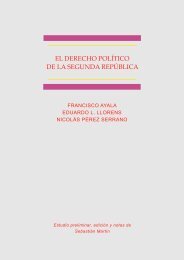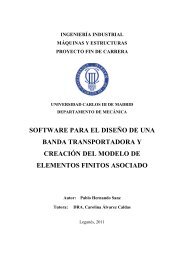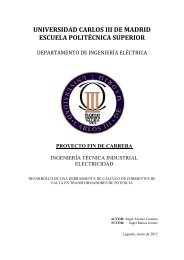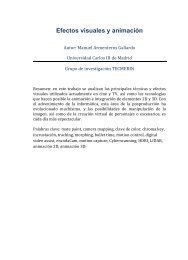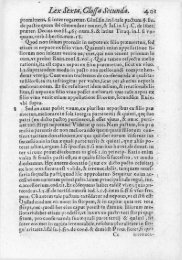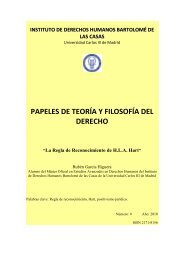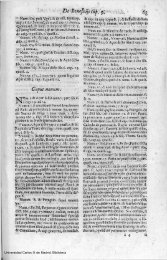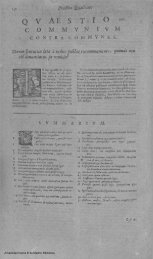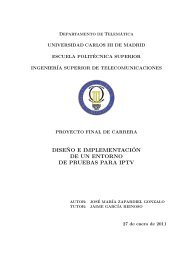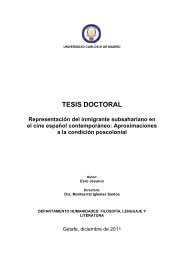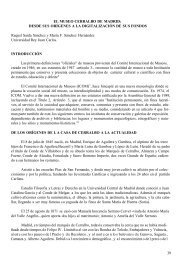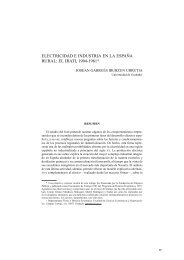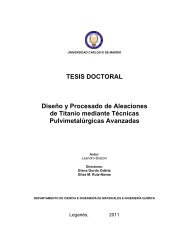Land tenure inequality, harvests, and rural conflict ... - e-Archivo
Land tenure inequality, harvests, and rural conflict ... - e-Archivo
Land tenure inequality, harvests, and rural conflict ... - e-Archivo
Create successful ePaper yourself
Turn your PDF publications into a flip-book with our unique Google optimized e-Paper software.
statistically significant coefficients. But when I look at the accumulated experience of<br />
<strong>conflict</strong>s in the Second Republic, regressions with strikes <strong>and</strong> with invasions offer<br />
very different results. In the case of strikes, the number of previous strikes sharply<br />
reduces the probability of observing a strike in any moment of time. Rather<br />
inconsistently, however, previous invasions increased the probability of observing<br />
more invasions. In the case of strikes, perhaps the negative effects of previous strikes<br />
have to do with the greater repression of Anarcho-syndicalist unions after 1932. On<br />
the contrary, perhaps the control over labor markets by the union was more difficult<br />
over time making it more likely that picket lines entered the fields. The law of<br />
municipal boundaries was more flexibly interpreted as the costs of the ban on<br />
temporary migrations were increasingly apparent (Domenech, 2013).<br />
Finally, I analyze the impact of “Socialist mayors” on the levels of <strong>rural</strong><br />
<strong>conflict</strong>, understood by the literature as a polarizing force. There are two potential<br />
hypotheses to be considered, which are not altogether compatible: the first is that<br />
Socialist mayors pushed ahead with the ambitious Republican legislation <strong>and</strong> faced<br />
the fierce resistence of employers <strong>and</strong> l<strong>and</strong>owners, leading to greater levels of<br />
<strong>conflict</strong>. A second hypothesis is that Socialist-dominated town councils started to feel<br />
the repression after November 1933 when the Centre-Left lost the general election.<br />
The evidence shows Socialist mayors were increasingly suspended after November<br />
1933 (when the government was taken by the Rightist Republicans), with growing<br />
intensity in 1934 until the peasant general strike of June (Carmona Obrero, 2002: 151-<br />
157; Payne, 2006: 62; Salazar Alonso, 1935: 75-77).<br />
36



